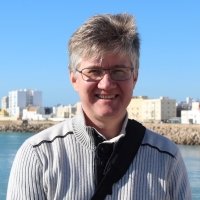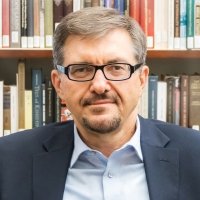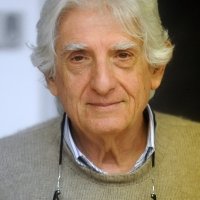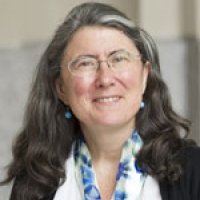The Hundred-Year Legacy of the Russian Revolution and the World Today: How the Revolution Divided, Unified, and Shaped a Continent
The 1917 Russian Revolution stands out as one of the 20th century’s defining moments. The revolutionaries’ objective was to create a radically new kind of state, society, and human being. The experiment collapsed in 1991, yet the world continues to deal with its consequences one hundred years after the fact. The following event is part of an international project aimed at exploring the Revolution’s many legacies that continue to impact the world today.
Panel 1: Why Study the Russian Revolution Today?
Globalization was a volatile topic in 1917. Imperialism, capitalism, communism, and cosmopolitanism were all issues that preoccupied the leading thinkers and actors of that period. It remains so today, even as it finds itself on the retreat. What can we learn about globalization from the 1917 narration and prophesies?
Discussants:
- Zvi Gitelman, University of Michigan
- Francine Hirsch, University of Wisconsin
- Ivan Kurilla, European University at Saint Petersburg, St. Petersburg, Russia
- Serhii Plokhii, Harvard University
- Dariusz Stola, The POLIN Museum of the History of Polish Jews, Warsaw, Poland
Moderator:
- Matthew Rojansky, Kennan Institute
11:00–11:15 COFFEE BREAK
11:15–12:45 Panel 2: The Russian Revolution and the Roots of Today’s Globalized World
Globalization was a volatile topic in 1917. Imperialism, capitalism, communism, and cosmopolitanism were all issues that preoccupied the leading thinkers and actors of that period. It remains so today, even as it finds itself on the retreat. What can we learn about globalization from the 1917 narration and prophesies?
Discussants:
- Leon Aron, American Enterprise Institute
- Andrea Graziosi, National Agency for the Evaluation of University and Research, Italy
- William Pomeranz, Kennan Institute
- Elizabeth Wood, Massachusetts Institute of Technology
Moderator:
- Audrey Altstadt, University of Massachusetts, Amherst
Speakers

Professor Emeritus, Department of Political Science, University of Michigan, Ann Arbor

Vilas Distinguished Achievement Professor of History, University of Wisconsin-Madison

Professor, History and International Relations; Director, Department Development Partnership Program, Academic Director of the IMARES program, European University at St. Petersburg, Russia

Mykhailo Hrushevsky Professor of Ukrainian History, Harvard University


Professor of History, Università di Napoli Federico II


Professor of Russian and Soviet History, Massachusetts Institute of Technology
Hosted By

Kennan Institute
After more than 50 years as a vital part of the Wilson Center legacy, the Kennan Institute has become an independent think tank. You can find the current website for the Kennan Institute at kennaninstitute.org. Please look for future announcements about partnership activities between the Wilson Center and the Kennan Institute at Wilson Center Press Room. The Kennan Institute is the premier US center for advanced research on Eurasia and the oldest and largest regional program at the Woodrow Wilson International Center for Scholars. The Kennan Institute is committed to improving American understanding of Russia, Ukraine, Central Asia, the South Caucasus, and the surrounding region through research and exchange. Read more
